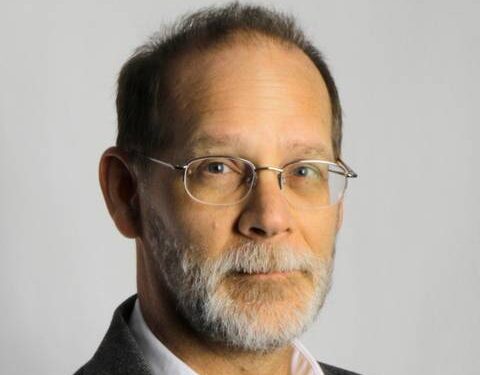[ad_1]
A Central Kentucky businessman who submitted false information to receive $1.3 million in coronavirus relief loans and used some of it for gambling debts has been sentenced to three years and six months in federal prison.
Randall “Rocky” Blankenship Jr. also must pay a $30,000 fine, according to a news release from the office of U.S. Attorney Carlton S. Shier IV.
U.S. District Judge Karen C. Caldwell sentenced Blankenship on Thursday. He had pleaded guilty to a charge of conspiring to commit wire fraud.
Blankenship, 49, of Versailles, operated a business called KY Bluegrass RV and Camping LLC but also had four shell companies, according to court records.
The shell companies were Blankenship RV Finance Solutions LLC, RSGG Properties LLC, RSGG Holdings LLC, and RSGG Investments LLC.
Those companies didn’t have any employees, but Blankenship claimed they did and used them to apply for four loans under the Paycheck Protection Program, or PPP.
That was a program Congress rushed through in March 2020 to help businesses weather the economic downturn resulting from the coronavirus pandemic. The loans were intended to keep employees on the payroll and were designed to be forgiven if the recipient used them for approved purposes.
With the help of an accountant, Blankenship created fake documents showing payroll costs totaling $1,323,829 at the businesses, when in fact they had no payroll costs, according to his plea agreement.
Blankenship had already gotten a $750,000 PPP loan for his RV sales business, so he wasn’t eligible for another loan through the program at that time, according to a court document.
“This wire fraud crime was a cynical and brazen cash grab by a greedy businessman . . .,” the prosecutor, Assistant U.S. Attorney Paul McCaffrey, said in a sentencing memorandum. “While some small businesses saw a financial lifeline in these PPP loans, the defendant saw criminal opportunity.”
The memo said the fraud hurt other small businesses because at the time Blankenship got the loans, the PPP program allowed only one loan per business and it was on a first-come, first-served basis.
Blankenship used money from the fraudulent loans for a variety of purposes, including checks to himself; $306,000 for a vacation property in South Carolina; $134,000 for improvements on farm land he owned; and to “feed his insatiable gambling habit,” according to the memo.
Exhibits with the memo included a $100,000 check to the Belterra Casino on the Ohio River.
McCaffrey said that in the last half of 2021, Blankenship also talked customers into trading in their used recreational vehicles for newer ones, promising he would pay off any existing liens on their old vehicle, but then told employees not to pay off the liens.
At least 10 customers got burned in the scam, with balances totaling more than $365,000, according to the memo.
“At the same time the defendant was lying to customers and keeping money to which he wasn’t entitled, he was writing bad checks and markers to casinos in Nevada, incurring at least $325,000 of gambling debt in Las Vegas alone,” McCaffrey wrote.
Blankenship ultimately sold his business and paid off the $1.3 million in PPP loans and the liens on customers’ vehicles, according to the memo.
A Nicholasville accountant, Tammy Jo Goodwin, pleaded guilty last month to taking part in the scheme with Blankenship.
Blankenship paid her several thousand dollars to help draw up fake payroll records, according to her plea agreement.
She is scheduled to be sentenced in September.
[ad_2]
Source link






